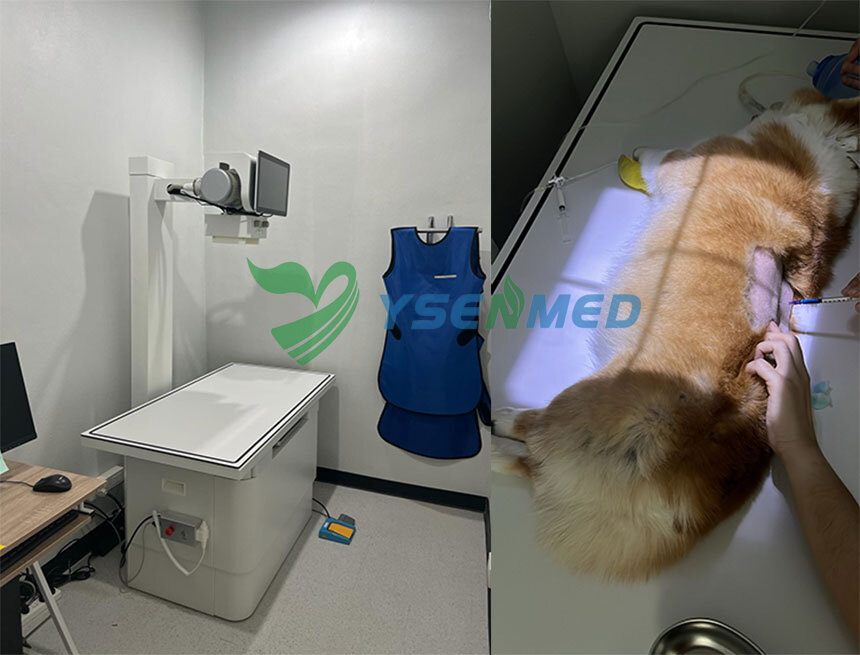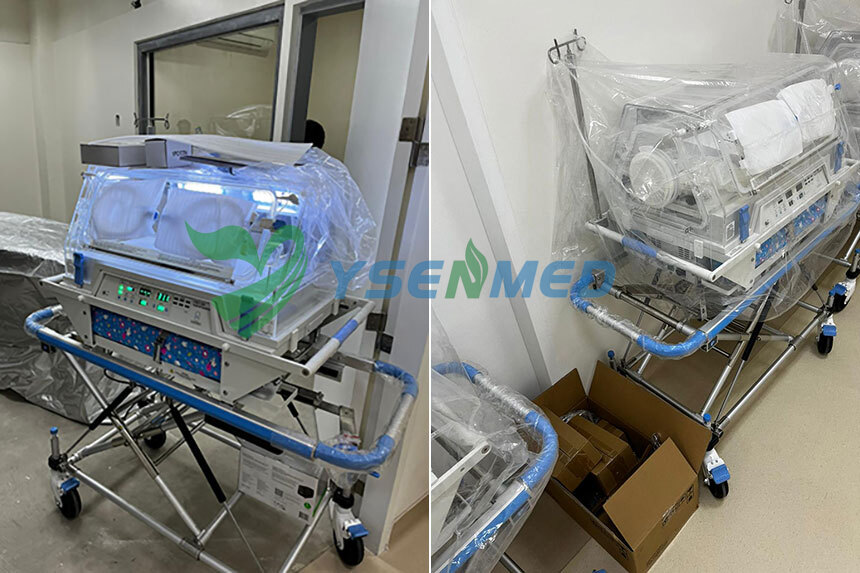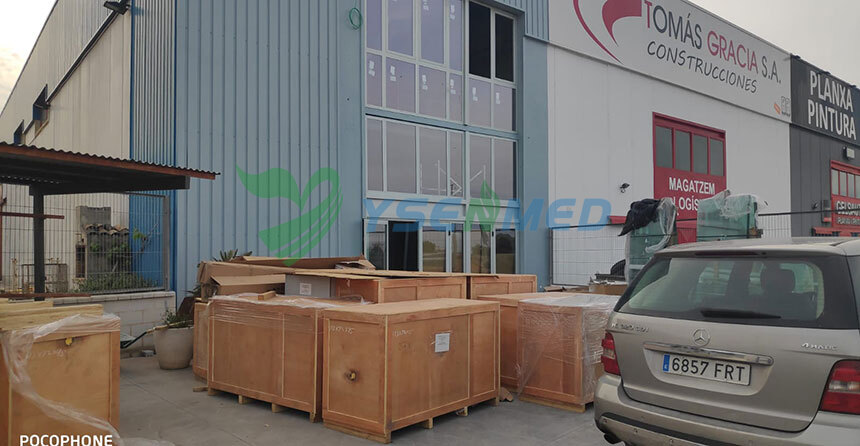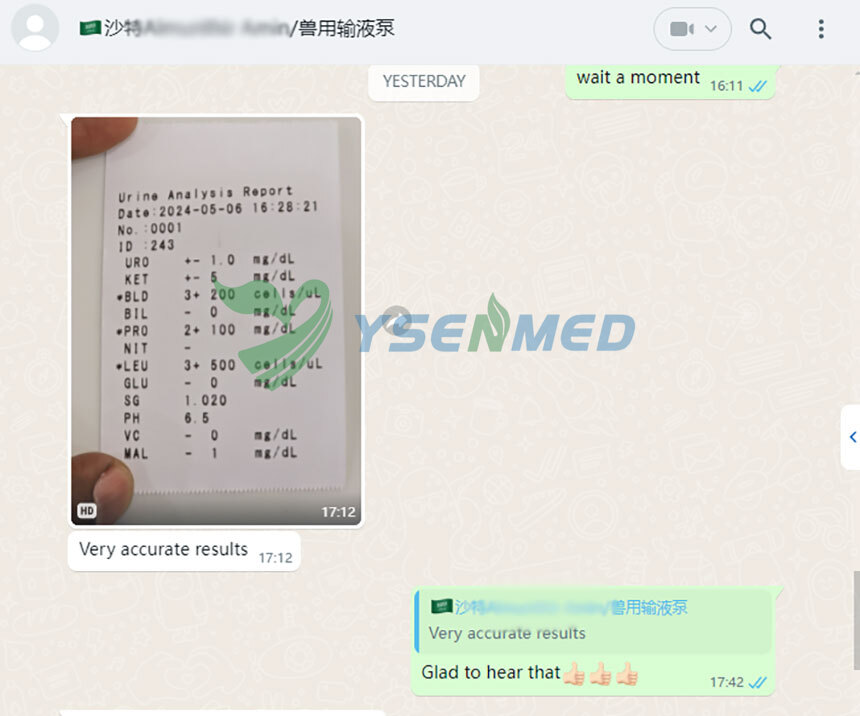Introduction:
Introduce the critical role of electrolyte balance in pediatric health and the significance of accurate and timely electrolyte monitoring in children. Emphasize the relevance of electrolyte analyzers in providing rapid insights for effective pediatric healthcare.
Section 1: Pediatric Electrolyte Balance Overview:
Provide an overview of electrolyte balance in pediatric patients, discussing the importance of maintaining proper levels of sodium, potassium, chloride, bicarbonate, calcium, and magnesium for healthy development and function.
Section 2: Challenges in Pediatric Electrolyte Management:
Highlight unique challenges in managing electrolyte balance in pediatric healthcare. Discuss factors such as rapid growth, varying nutritional needs, and the potential for acute electrolyte imbalances in children.
Section 3: Significance of Electrolyte Monitoring in Pediatrics:
Explore why monitoring electrolyte levels is crucial in pediatric healthcare. Discuss the impact of electrolyte imbalances on child development, potential complications, and the role of electrolyte analyzers in ensuring timely interventions.
Section 4: Introduction to Electrolyte Analyzers:
Provide a brief overview of electrolyte analyzers, emphasizing their role in measuring concentrations of key electrolytes. Differentiate between benchtop and portable analyzers and discuss their applications in pediatric healthcare settings.
Section 5: Key Electrolyte Analytes in Pediatrics:
Examine the key electrolytes measured by analyzers in pediatric patients. Discuss the significance of sodium, potassium, chloride, bicarbonate, calcium, and magnesium in the context of child health and development.
Section 6: Techniques Used in Pediatric Electrolyte Analysis:
Explore the techniques employed by electrolyte analyzers for accurate measurements in pediatric patients. Discuss ion-selective electrodes, colorimetric methods, and other innovative technologies, highlighting their applicability in pediatric settings.
Section 7: Applications in Neonatal Care:
Discuss the specific applications of electrolyte analyzers in neonatal care. Explore how these analyzers contribute to monitoring electrolyte levels in premature infants and newborns, aiding in the early detection of imbalances.
Section 8: Pediatric Electrolyte Monitoring in Critical Care:
Examine the role of electrolyte analyzers in critical care settings for pediatric patients. Discuss their applications in pediatric intensive care units (PICUs) and emergency departments, emphasizing rapid and accurate assessments for critically ill children.
Section 9: Management of Electrolyte Imbalances in Pediatric Nephrology:
Explore the applications of electrolyte analyzers in pediatric nephrology. Discuss their role in monitoring and managing electrolyte imbalances associated with kidney conditions in children.
Section 10: Electrolyte Monitoring in Pediatric Endocrinology:
Discuss the relevance of electrolyte analyzers in pediatric endocrinology. Explore their applications in assessing electrolyte levels in children with endocrine disorders, such as diabetes and adrenal insufficiency.
Section 11: Pediatric Electrolyte Balance in Gastrointestinal Conditions:
Examine the role of electrolyte analyzers in pediatric gastroenterology. Discuss how these analyzers contribute to managing electrolyte imbalances in children with gastrointestinal conditions, including diarrhea and malabsorption disorders.
Section 12: Electrolyte Monitoring in Pediatric Cardiology:
Explore the applications of electrolyte analyzers in pediatric cardiology. Discuss their role in assessing electrolyte levels in children with congenital heart defects, arrhythmias, and other cardiac conditions.
Section 13: Pediatric Electrolyte Monitoring in Oncology:
Discuss the applications of electrolyte analyzers in pediatric oncology. Explore their role in monitoring and managing electrolyte imbalances in children undergoing cancer treatments, such as chemotherapy.
Section 14: Pediatric Electrolyte Imbalances in Infectious Diseases:
Examine the relevance of electrolyte analyzers in pediatric infectious diseases. Discuss their applications in assessing and managing electrolyte imbalances in children with infectious conditions, such as gastroenteritis and sepsis.
Section 15: Electrolyte Monitoring in Pediatric Diabetes Management:
Explore the applications of electrolyte analyzers in pediatric diabetes management. Discuss their role in assessing electrolyte levels in children with diabetes, especially during episodes of diabetic ketoacidosis.
Section 16: Challenges and Considerations in Pediatric Electrolyte Analysis:
Address challenges and considerations associated with using electrolyte analyzers in pediatric settings. Discuss factors such as sample size limitations, operator expertise, and the need for age-specific reference ranges.
Section 17: Future Trends and Innovations in Pediatric Electrolyte Analysis:
Explore future trends and innovations in pediatric electrolyte analysis. Discuss ongoing research, potential advancements, and the evolving landscape of technologies in pediatric healthcare.
Section 18: Integration of Pediatric Electrolyte Analysis into Electronic Health Records (EHRs):
Discuss the integration of pediatric electrolyte analysis results into electronic health records (EHRs). Explore how seamless connectivity contributes to improved communication and collaboration among healthcare providers in pediatric care.
Section 19: Pediatric Patient-Centric Perspective:
Shift the focus to the pediatric patient experience in electrolyte analysis. Discuss how rapid and accurate results contribute to a child-friendly healthcare experience, reduced anxiety, and improved overall patient satisfaction.
Section 20: Training and Competency for Healthcare Professionals in Pediatric Electrolyte Analysis:
Emphasize the need for proper training and competency among healthcare professionals using electrolyte analyzers in pediatric settings. Discuss ongoing education, certification programs, and best practices to enhance proficiency.
Section 21: Regulatory Compliance in Pediatric Electrolyte Analysis:
Examine the regulatory landscape surrounding pediatric electrolyte analysis. Discuss compliance with quality standards, regulatory approvals, and the importance of ensuring that these devices meet safety and efficacy requirements for pediatric use.
Section 22: Telemedicine and Remote Pediatric Electrolyte Monitoring:
Discuss the role of electrolyte analyzers in telemedicine and remote pediatric healthcare. Explore how portable analyzers contribute to remote monitoring, allowing healthcare professionals to assess electrolyte levels in children who are not physically present.
Section 23: Economic Considerations and Cost-Effectiveness in Pediatric Electrolyte Analysis:
Explore the economic considerations of implementing electrolyte analysis in pediatric healthcare. Discuss its cost-effectiveness compared to central laboratory testing, potential savings in healthcare expenditures, and the economic benefits of early identification and intervention.
Section 24: Global Accessibility and Challenges in Pediatric Electrolyte Analysis:
Examine the global accessibility of pediatric
electrolyte analyzers. Discuss challenges in resource-limited settings and initiatives aimed at improving access to this technology on a global scale, contributing to more equitable pediatric healthcare.
Section 25: Pediatric Patient Education and Empowerment:
Highlight the importance of patient education and empowerment in the context of pediatric electrolyte analysis. Discuss how informed parents and guardians can actively participate in managing their child's health, understanding the implications of electrolyte imbalances, and collaborating with healthcare providers for better outcomes.




